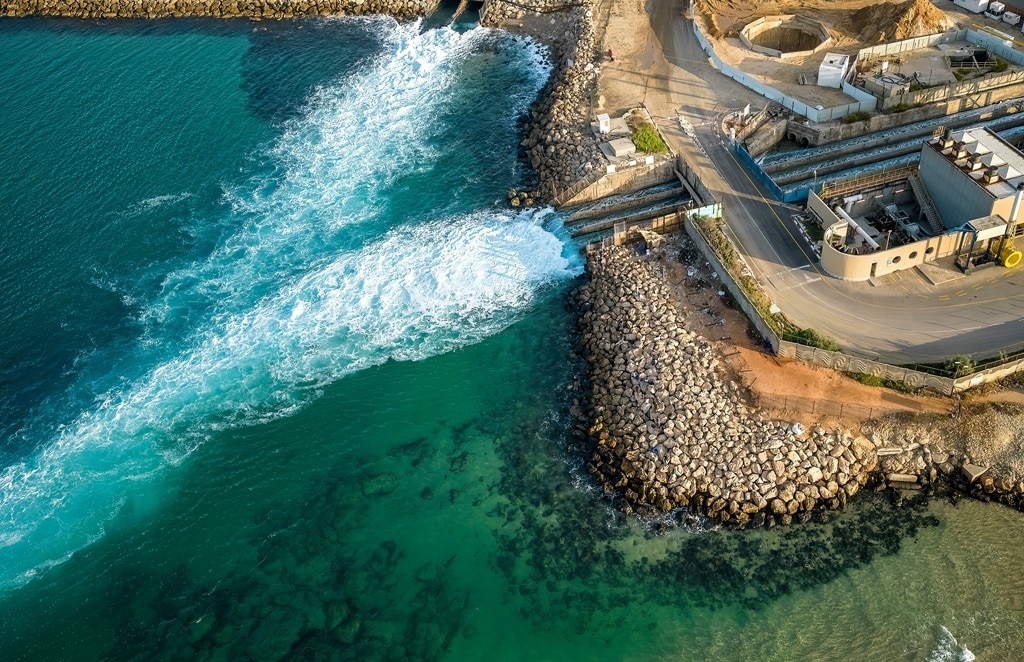The World Bank is supporting Morocco’s efforts to achieve sustainable water management in the face of drought. On 18 July 2023, the financial institution approved financing of $350 million for the National Water Supply and Irrigation Programme (PNAEPI) launched in 2020. The funding will be released under the World Bank’s Results-Based Program. This initiative contributes to the Group’s strategic priorities in the Middle East and North Africa (MENA) region, particularly in terms of gender equality and climate change. It also supports the implementation of the recommendations of the World Bank’s Morocco Climate and Development Report, published in October 2022.
According to the World Bank, the support of $350 million will make it possible to finance three specific areas of the NEEPI. Firstly, strengthening governance in the water sector by protecting groundwater resources, improving the quality and availability of water-related information, supporting the performance of water basin agencies by developing water information and data systems, and publishing reports for multi-service operators.
Saving 25 million m3 of drinking water in distribution networks
The Moroccan government will also use the funds to improve the financial viability and efficiency of water use, in particular by developing a financial model and adopting a financial viability action plan to inform pricing strategies for specific sub-sectors. In addition, better integration of non-conventional water resources (seawater and wastewater) in the Kingdom of North Africa will be achieved through the construction of desalination and purification plants.
Read Also –
The PNAEPI, which ends in 2027, “aims to save 25 million m3 of drinking water in the distribution networks, equivalent to the annual consumption in the provinces of El Jadida and Sidi Bennour, and to make 52 million m3 of treated wastewater available for reuse, which represents 52% of the PNAEPI’s objective of 100 million m3 of treated wastewater by 2030″, explains Carolina Dominguez Torres, senior specialist in water supply and sanitation, and head of the Programme at the World Bank.
Inès Magoum
